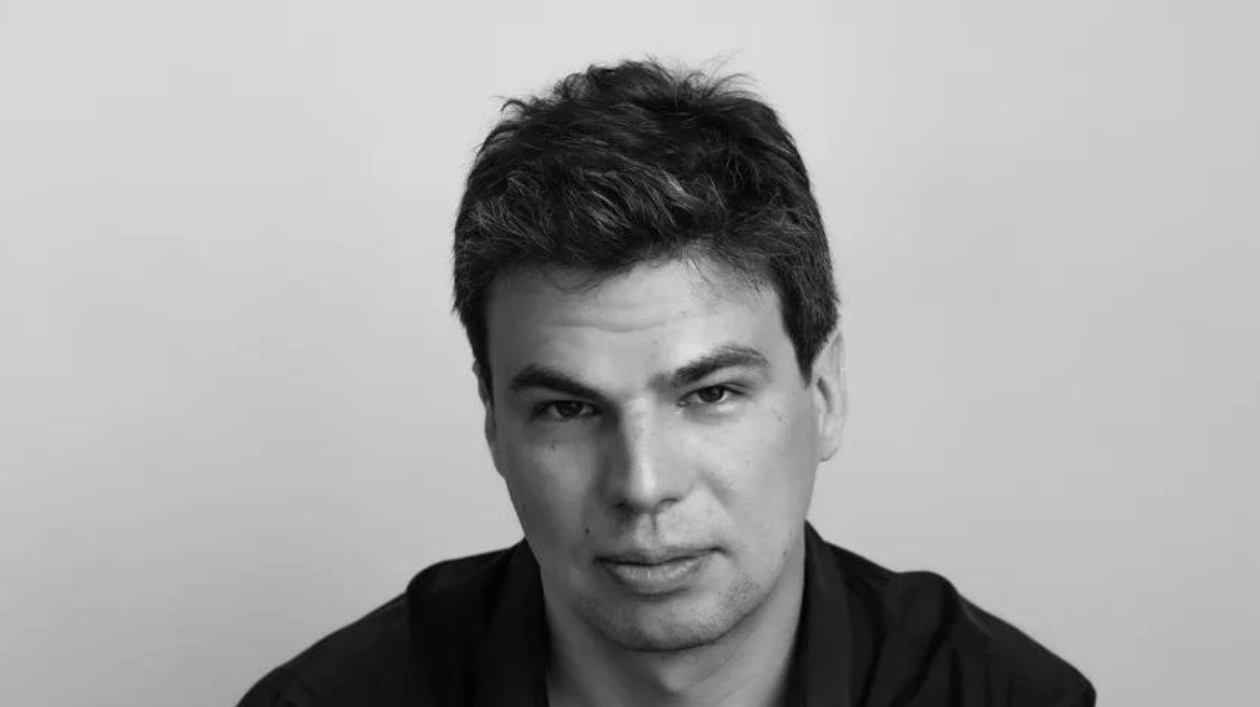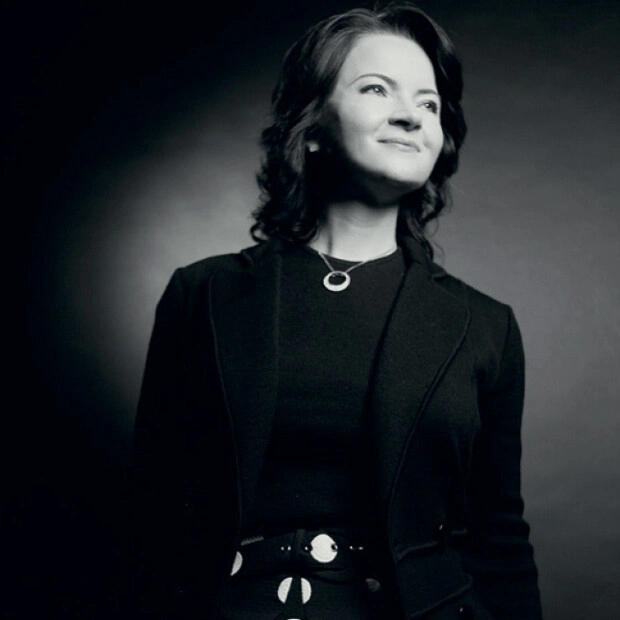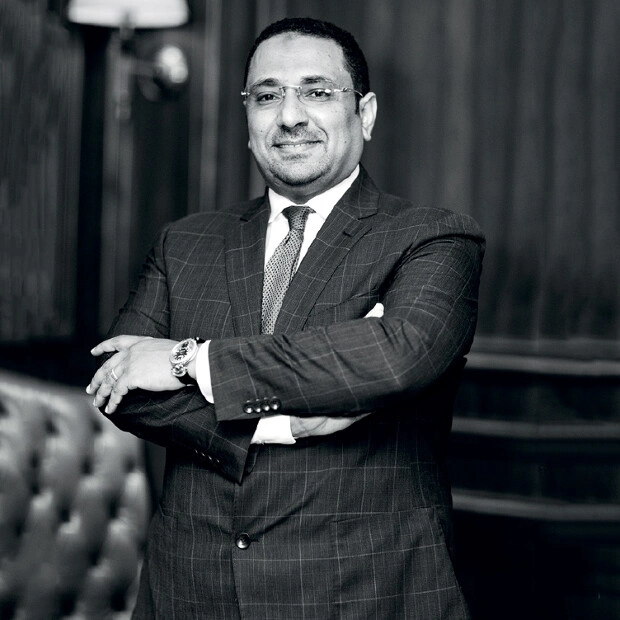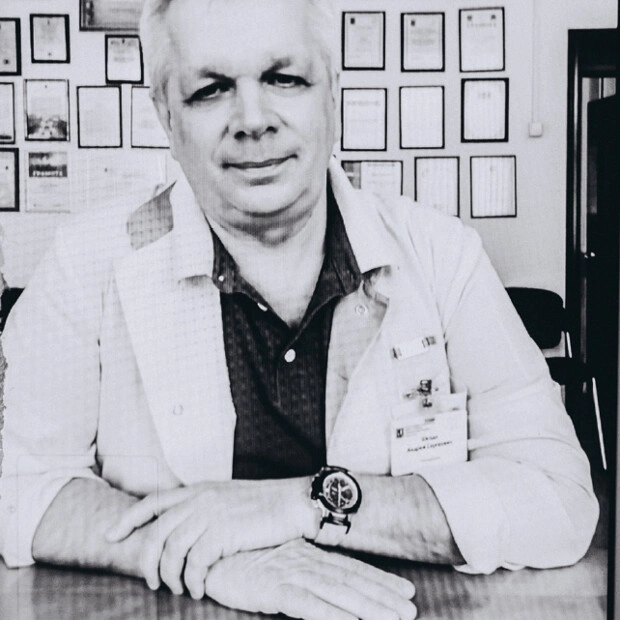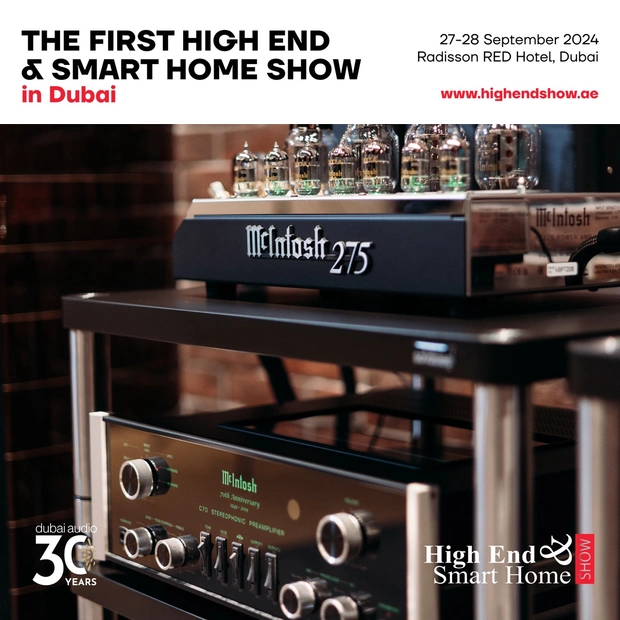Product-Market Fit
When a business is ready to move to a globally new level, the traditional banking system often lags behind and remains in the past. Ivan Zhiznevsky, the founder and CEO of 3S Money, a neobank for international business, is convinced that the future lies in solutions that allow entrepreneurs from around the world to manage their finances quickly, simply, and without limitations.
The idea for creating 3S Money came to me in 2018 when I encountered a problem opening an account for my company in the Netherlands. Imagine: a sunny May day in Amsterdam, I walk out of the notary's office with a stack of documents about the company registration. Full of hopes and plans, I enter the first bank I come across — ING. I fill out a heap of papers, hand over the contracts, and then they ask me to present my passport. The employee's face changes: "Sorry, we don't serve non-residents." I try another bank, then a third — everywhere I'm turned away because of my American citizenship.
Later, already in London, I learned that this problem is familiar to many entrepreneurs. Whether you're American, Russian, Arab, or Chinese — banks are reluctant to engage with foreigners if they don't have influential connections or millions in their account. Startups and companies operating in emerging markets had an especially hard time. That's when I decided it was time to create a bank that wouldn't discriminate based on passport colour.
Inspired by the idea, I went to the London fintech accelerator Barclays. During the pitch to the commission, I talked about my idea: to create a convenient online service for businesses operating in the international market. In response, I heard a sceptical remark that it's difficult and costly. I had no argument, as I had never worked in the banking sector. But I wasn't going to back down.
The next 5 months were spent painstakingly opening an account for my company. The only option was a bank in the Baltics — there were simply no other ways for non-EU residents at the time. In parallel, from my tiny office in a coworking space in East London, I began building 3S Money.
The first thing I did was assemble a team of like-minded people from experienced bankers and talented developers. Then we started working on an MVP — a simple but functional service for opening multi-currency accounts online. With it, we reached out to our first clients. They were startups from the USA, Israel, and Germany, who, like me, needed clear and accessible banking.
Modern services strive to solve one of the main tasks of our time — saving time. This is the essence of what I call the "Amazon Prime mentality". Imagine: you go to Amazon's website, choose a product, and the delivery isn't today or tomorrow. Doubts about the quality of the purchase immediately arise. We are used to the instant availability of services and goods. The same applies to the banking system: if services are not available in real-time, then something is wrong. My goal is to create a service that will be ten times faster than existing banking solutions. And this is quite achievable, as the experience of our company and other fintech players around the world shows.
Among our major clients are people with interesting stories. For example, the company Pangaia produces tracksuits. Its founder Miroslava Duma encountered similar difficulties. She had investors and buyers, but no bank account to conduct business. We helped her at the start. Their tracksuits made from recycled plastic became popular worldwide: raw materials are purchased in Portugal, production is in India, marketing is in the USA and London. Buyers are located in more than twenty countries, and profits come in different currencies from the USA, UK, and Europe. This is our ideal client. With her scale, suppliers, marketing, and customers worldwide, 3S Money turned out to be the optimal solution for managing finances. This is a true Product-Market Fit, straight out of the textbook.
From this moment on, 3S Money began to experience real growth. In 2019, we attracted the first serious investments — $5.5 million. This money went towards developing the platform, marketing, and, of course, compliance. The latter became a real test for us. To comply with regulators, we had to completely restructure the KYC and AML client verification process. It took a huge amount of time and resources, but now 3S Money can easily assess risks even in the most complex cases.
With the growth of the client base, our geography also expanded. By the end of 2019, we had offices in Amsterdam, Luxembourg, and Riga; in 2020, we opened representative offices in Dubai and Singapore, with Hong Kong and Paris on the way. Everywhere we went, we received a warm welcome, as businesses worldwide have a need for convenient international banking.
But the real breakthrough for us was the pandemic. When borders closed and companies massively switched to remote work, 3S Money was just what was needed. We already had a well-established infrastructure for working with clients from anywhere in the world. With one click, entrepreneurs could open a global business account, accept payments from foreign counterparties, pay taxes and salaries worldwide. Revenue growth for 2020 was 400%.
In Dubai, they say: "It doesn't matter where you came from, it matters where you're going". But banks here have a different problem. When someone comes from another country and starts a business, banks ask questions: who are they, where is their money from? Their processes are not set up for such cases. A bank is a complex organisation with established systems that have been built over the years under the supervision of regulators. They assume that people rarely travel and do business where they were born. If someone decides to develop a business abroad, it is perceived as an exception.
Until recently, international business was the prerogative of large corporations. However, much has changed in the last five years. The COVID-19 pandemic accelerated these changes, showing that business can be conducted from anywhere in the world. This has become the new mainstream. We live in an era where borders are blurring, and this requires new approaches from the banking system.
Our Dubai story began in London when the world was gripped by lockdown. It was Christmas 2020. England suddenly decided to close its borders, cancel flights, and new rules restricted movement. My wife and I managed to catch the last flight to Dubai, where we had never been before. This was our first visit in the winter of 2021. Upon arriving there, I discovered a completely different reality: people here worked faster and more efficiently than in Europe. This was a real revelation for me. Building something from scratch in Dubai turned out to be simpler and more modern than reworking the established order that existed in Europe.
In Europe and the UK, centuries-old traditions and established relationships are of great value. To grow an English lawn, you need to cut it for three hundred years. How many years does the business culture have in Russia or the Emirates? I won't judge, but it is developing rapidly. Modern entrepreneurs are looking for ways to use their time more effectively, and Dubai's culture meets these requirements.
Today, thousands of clients already trust us — from individual entrepreneurs to large international companies. Among them are the American investment fund CoinFund, the Japanese car manufacturer Mitsubishi, the Dutch chain of coffee shops Abraco, and many others. With us, they can do business in 40+ countries worldwide with instant conversion into 35 currencies. And this is just the beginning.
Our goal is to become the leading neobank for global business. In the coming year, we plan to enter the markets of Latin America, the Middle East, and Africa. We will continue to develop the product: business analytics, integrated accounting, and White Label payment solutions for corporations are priorities. At the same time, we will remain true to our principles: no bureaucracy or discrimination, only speed, convenience, and an individual approach.
They say that a crisis is the best time for growth. Our experience fully confirms this. Yes, building a global banking service from scratch is difficult and risky. But if you believe in your idea and work hard, anything is possible. 4 years ago, I couldn't even imagine that our startup with one table in a coworking space would grow into an international company with a multimillion-dollar turnover. And I believe that this is just the beginning of a long journey.
My main advice to all who want to conquer the global market is not to be afraid to dream big. Look for pain points and inconveniences in the usual approaches, think about how they can be eliminated with the help of technology and non-standard solutions. Find the right team, make an MVP, and confidently reach out to clients. And then — hard work, a willingness to learn and change.
